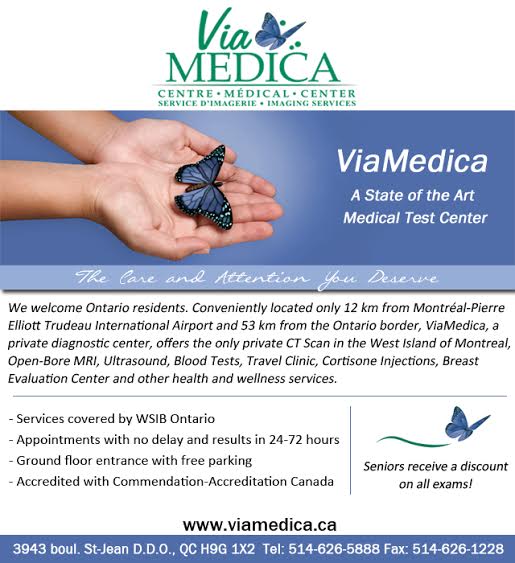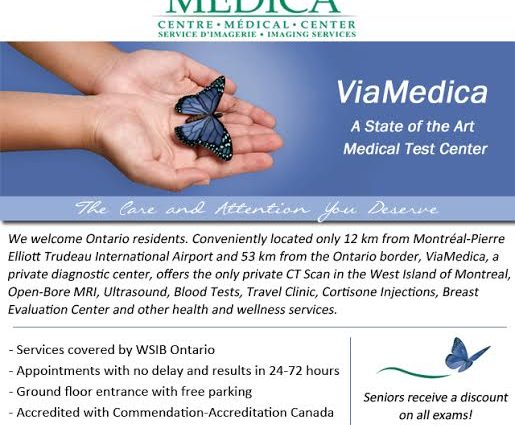Ontario can no longer claim the shortest median wait time for medically necessary treatment in Canada, with patients in the province waiting an estimated 15.7 weeks (on average) in 2018, finds a new study released today by the Fraser Institute, an independent, non-partisan Canadian public policy think-tank.
Saskatchewan’s wait time of 15.4 weeks is the shortest in Canada this year, while the median wait time across Canada was 19.8 weeks.
“Unfortunately, excessively long wait times remain a defining characteristic of health care in Ontario and across Canada,” said Bacchus Barua, associate director of health policy studies at the Fraser Institute and author of Waiting Your Turn: Wait Times for Health Care in Canada, 2018.
Bacchus Barua
The study examines the total wait time patients face across 12 medical specialties—from referral by a general practitioner (i.e. family doctor) to consultation with a specialist, to when the patient ultimately receives treatment.
Last year, Ontario’s wait times were the shortest in Canada at 15.4 weeks. In 1993, by comparison, patients in Ontario only waited 9.1 weeks.
This year, wait times in Ontario were longest for orthopaedic surgery (29.7 weeks) and ophthalmology (28.9 weeks) and shortest for medical oncology (3.2 weeks).
“Long wait times are not a trivial matter—they can increase suffering for patients, decrease quality of life, and in the worst cases, lead to disability or death,” Barua said.
“It’s time for policymakers at Queen’s Park and in Ottawa to reform the outdated policies that contribute to long wait times.”
Median wait times by province (in weeks)
| PROVINCE | 2017 | 2018 | PROVINCE | 2017 | 2018 |
| British Columbia | 26.6 | 23.2 | Quebec | 20.6 | 15.8 |
| Alberta | 26.5 | 26.1 | New Brunswick | 41.7 | 45.1 |
| Saskatchewan | 19.8 | 15.4 | Nova Scotia | 37.7 | 34.4 |
| Manitoba | 24.9 | 26.1 | Prince Edward Island | 32.4 | 39.8 |
| Ontario | 15.4 | 15.7 | Newfoundland and Labrador | 21.5 | 22.0 |

Research has repeatedly indicated that wait times for medically necessary treatment are not benign inconveniences. Wait times can, and do, have serious consequences such as increased pain, suffering, and mental anguish.
In certain instances, they can also result in poorer medical outcomes—transforming potentially reversible illnesses or injuries into chronic, irreversible conditions, or even permanent disabilities. In many instances, patients may also have to forgo their wages while they wait for treatment, resulting in an economic cost to the individuals themselves and the economy in general.
The results of this year’s survey indicate that despite provincial strategies to reduce wait times and high levels of health expenditure, it is clear that patients in Canada continue to wait too long to receive medically necessary treatment.
Note: The number of survey responses in Atlantic Canada were lower than other provinces, which may result in reported median wait times being higher or lower than those actually experienced.

